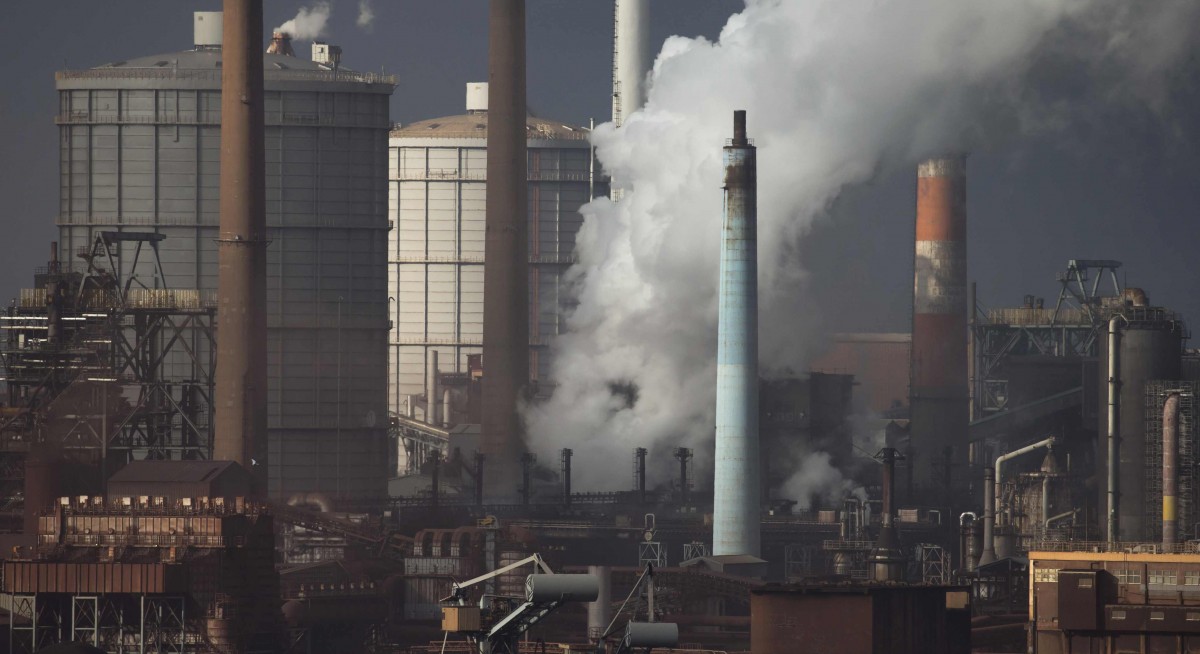“Achieving our next emissions reduction goals will require not only existing efforts, but innovative solutions that lead to deeper cuts in emissions,” Keiichiro Asao, the environment minister, said in a press conference. “We believe that these targets are very ambitious.”
The UN this month urged signatories to the Paris climate pact to finalise more ambitious plans — known as nationally determined contributions — to reduce emissions by the mid-2030s, even as most countries missed an initial Feb 10 deadline.
A lack of new commitments has escalated concerns about the world’s prospects of meeting the agreement’s ambition of limiting global warming to well below 2°C, and ideally to 1.5°C.
Japan, which remains heavily reliant on natural gas and coal, has struggled to shift to cleaner energy sources or to achieve major progress in industrial decarbonisation.
See also: Trump withdraws US from dozens of global organisations on climate actions
To reach net-zero emissions by 2050 and adhere to the Paris targets, Japan would need to implement a 73% cut by 2035, BloombergNEF said in November.
The nation expects its liquefied natural gas demand will rise through 2040 if it doesn’t achieve its pollution reduction goals. AI, data centres and semiconductor chip-making factories are forecast to increase Japan’s power demand.




